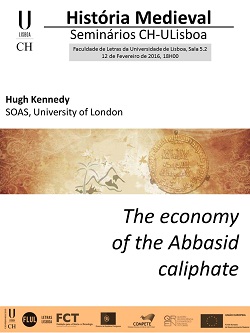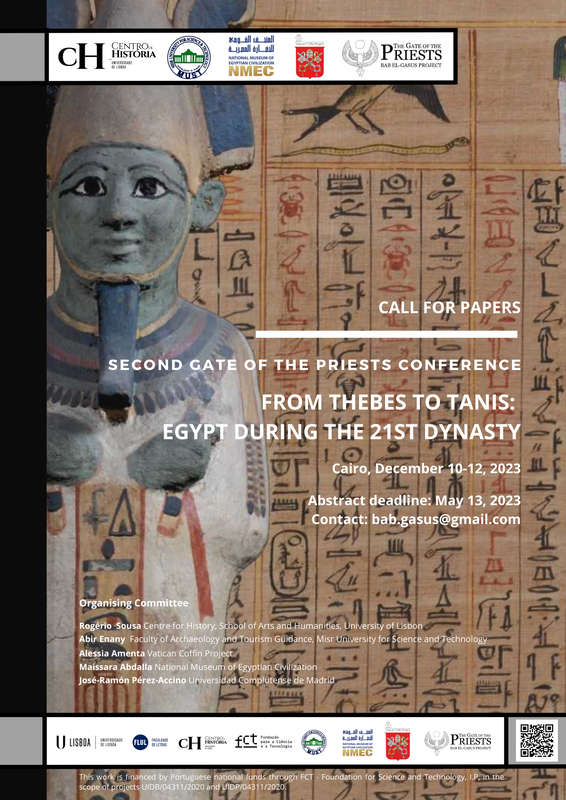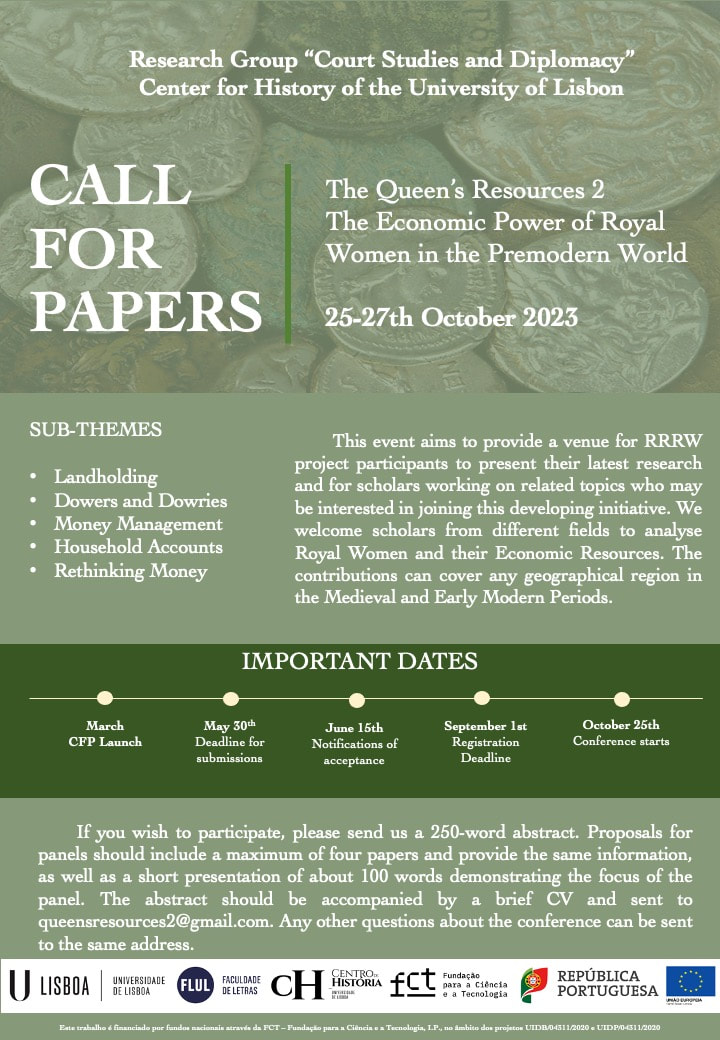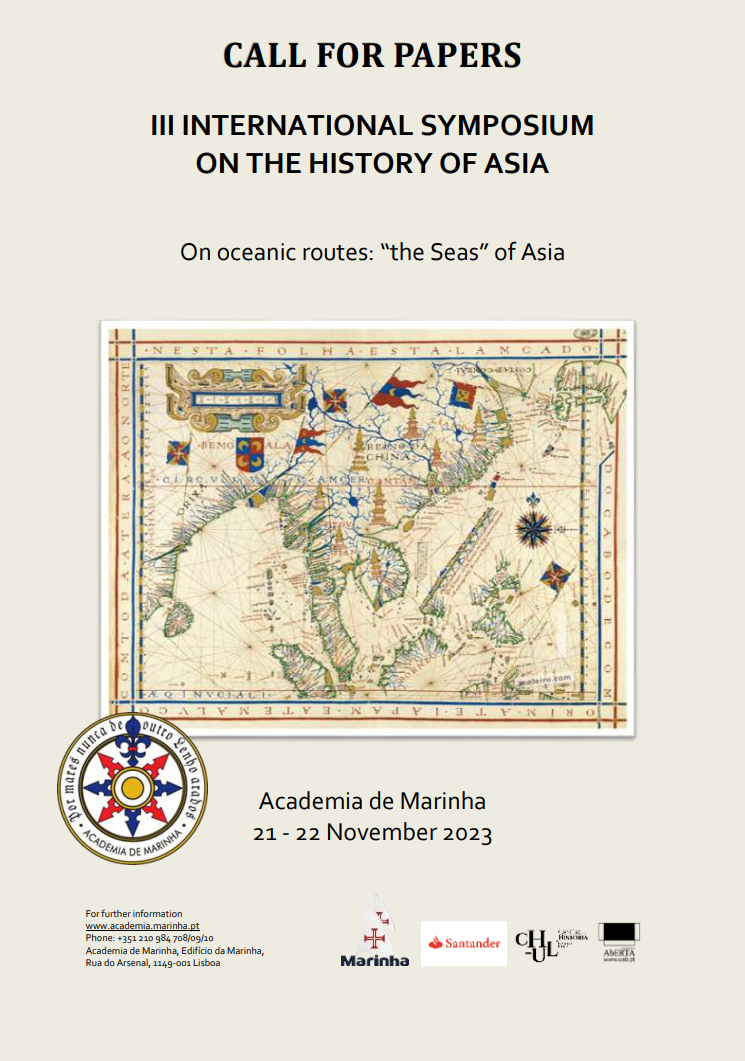| Faculdade de Letras da Universidade de Lisboa, sala 5.2 - 12 Fev. 2016, 18:00 Org.: Centro de História da Universidade de Lisboa The question which lies behind this paper is to account for the apparent size and complexity of the economy of the Abbasid period, or, to put it another way, how Baghdad had a population of c.500,000 at a time when London may have had 10,000 and Paris 20,000. To answer this question I shall begin with the Arab-Muslim conquests of the Middle East and the setting up of an administrative structure which required the regular collection of taxes in coined money to pay a military elite. This in turn required a literate and numerate lay bureaucracy to run it. The result was the emergence of a class of consumers who had money to spend on consumer goods, fine textiles, luxury foods, imported ceramics and books etc. This rich and comparatively ordered society I have described as Islamic Late Antiquity. The existence of very large towns led to the expansion of agriculture in greater Mesopotamia as farmers and land owners increased the area under cultivation to take advantage of the demand for foodstuffs generated by this large population. In the final section I will discuss how this prosperous system came under increasing pressure as the agricultural infrastructure of Iraq decayed and an increasingly rapacious military, mostly made up of Turkish ghilmān demanded more and more of the resources of the community. By the 930s and 940s this led to the collapse of ordered government and the power of the Abbasid caliphate itself. |
|
Comments are closed.
|
Candidaturas abertasPrograma Interuniversitário de Doutoramento em História: mudança e continuidade num mundo global (PIUDHist) 2023-2024
Bolsa de Doutoramento Pedro Almeida Ferreira - Santa Casa da Misericórdia de Lisboa Chamadas / CallsCiclo de Seminários
2023-2024 Caminhos da Historiografia: História e Ciências Sociais dos anos 40 à atualidade Prazos: 25 de Abril e 31 de Julho ExposiçõesCiclos CH-ULisboaNewsletter CH-ULisboaSubscreva a nossa newsletter
Filtros
|
















 Feed RSS
Feed RSS
